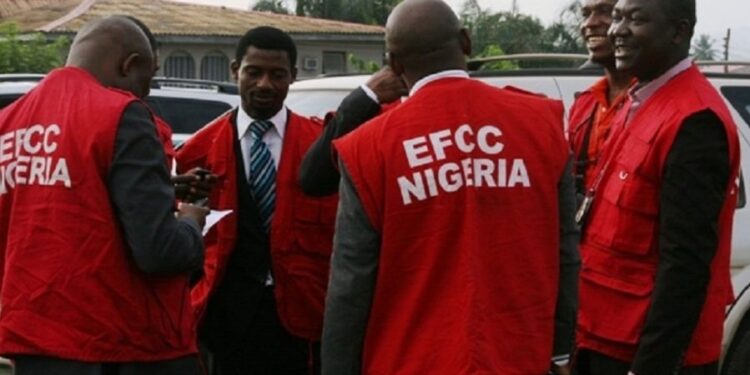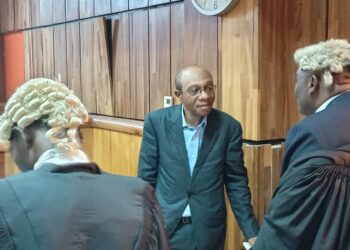Nigeria urgently requires legislation against unexplained wealth to combat the pervasive criminal activities of treasury looters, according to Ola Olukoyede, Chairman of the Economic and Financial Crimes Commission (EFCC).
Speaking at a two-day International Law Conference hosted by Christopher University in Mowe, Ogun State, Olukoyede stressed the global significance of addressing unexplained wealth, echoing concerns raised at the conference themed “Unexplained Wealth in the Global South: Examining the Asset Recovery and Return Trajectory.”
What he said
- “The issue of unexplained wealth is not a local issue. There are jurisdictional legislations across the world to tackle it.
- “To date, countries of the world are faced with criminalities emanating from money laundering practices and illicit funds. This circumstance led to the promulgation of Unexplained Wealth Orders, UWOs that came into force in 2018.
- “Several countries, such as the United Kingdom, Australia, Mauritius, and African countries like Kenya, Zimbabwe, and Trinidad and Tobago in the Caribbean have come up with UWO. Nigeria is yet to come up with a national legislation on it,” he said
The EFCC boss, represented by Abuja Zonal Commander ACE1 Adebayo Adeniyi, emphasized that addressing unexplained wealth globally would significantly diminish the cover available to treasury looters.
- “In Nigeria today, unexplained wealth has become a practical means of tracing, identifying, investigating, and prosecuting corruption cases.
- “As an anti-graft agency, suspects of any economic and financial crimes are usually required to declare their assets in the course of the investigation.
- “The basis for this is to properly establish their true asset base and their linkage or otherwise to any act of corruption.
- “Owing to the absence of legislation on the issue of unexplained wealth, the EFCC continues to rely on provisions of Section 7 of its Establishment Act to handle it,” he continued.
What you should know
The EFCC has successfully secured assets ranging from houses and vehicles to jewellery and money from fraudsters, but challenges persist in asset recovery, including the technicalities of prosecuting looted assets and the complexity of recovering funds stashed in foreign jurisdictions.
Despite the hurdles, Olukoyede urged public cooperation in reporting suspicious assets, underscoring the importance of intelligence for the EFCC’s effectiveness.
He acknowledged the cultural and accountability challenges faced by countries in the global South, emphasizing the role of intelligence in anti-corruption efforts.
In addressing the hurdles in asset recovery within Nigeria, Olukoyede acknowledged delays caused by the technicalities of prosecuting looted assets and fraudulent claims.
He emphasized the paramount importance of facts available to the court, ensuring that assets are eventually permanently recovered for the benefit of all.
The recovery of stolen funds in foreign jurisdictions poses additional challenges, involving institutions of the state and requiring extensive time and effort.






















